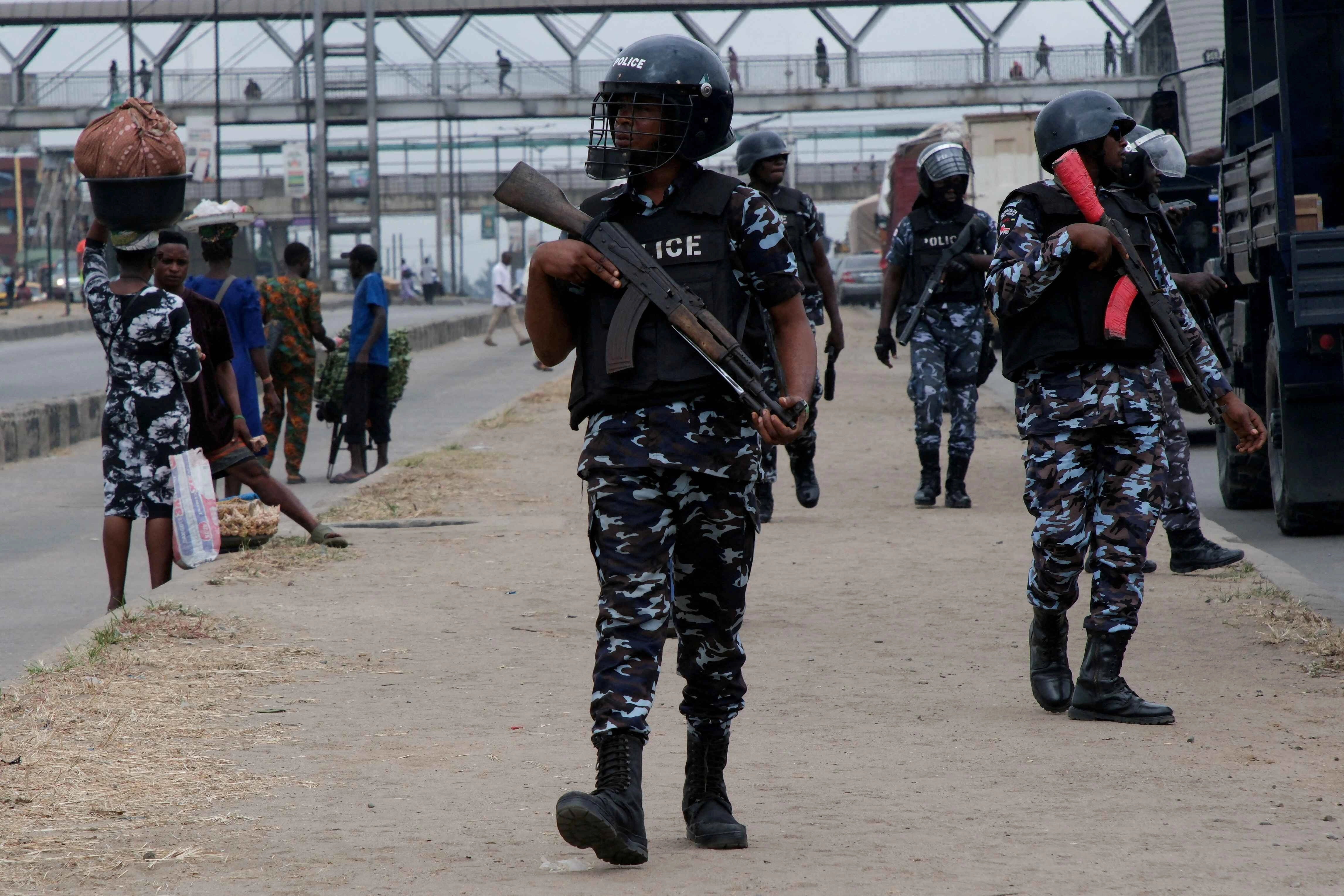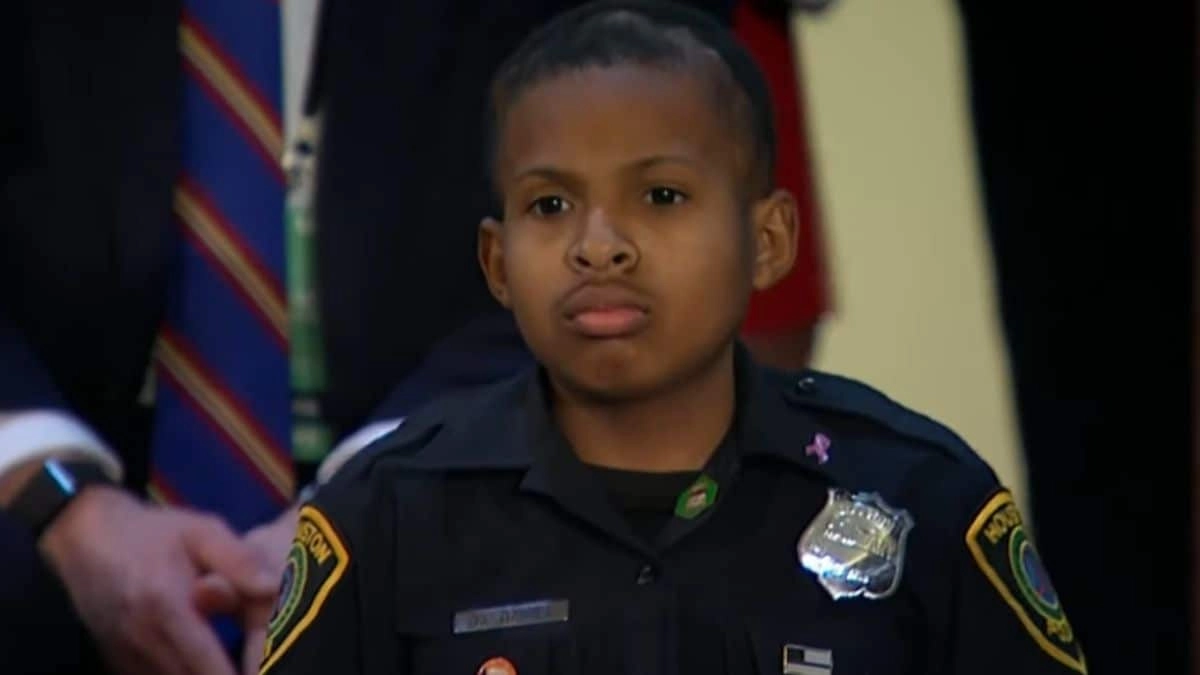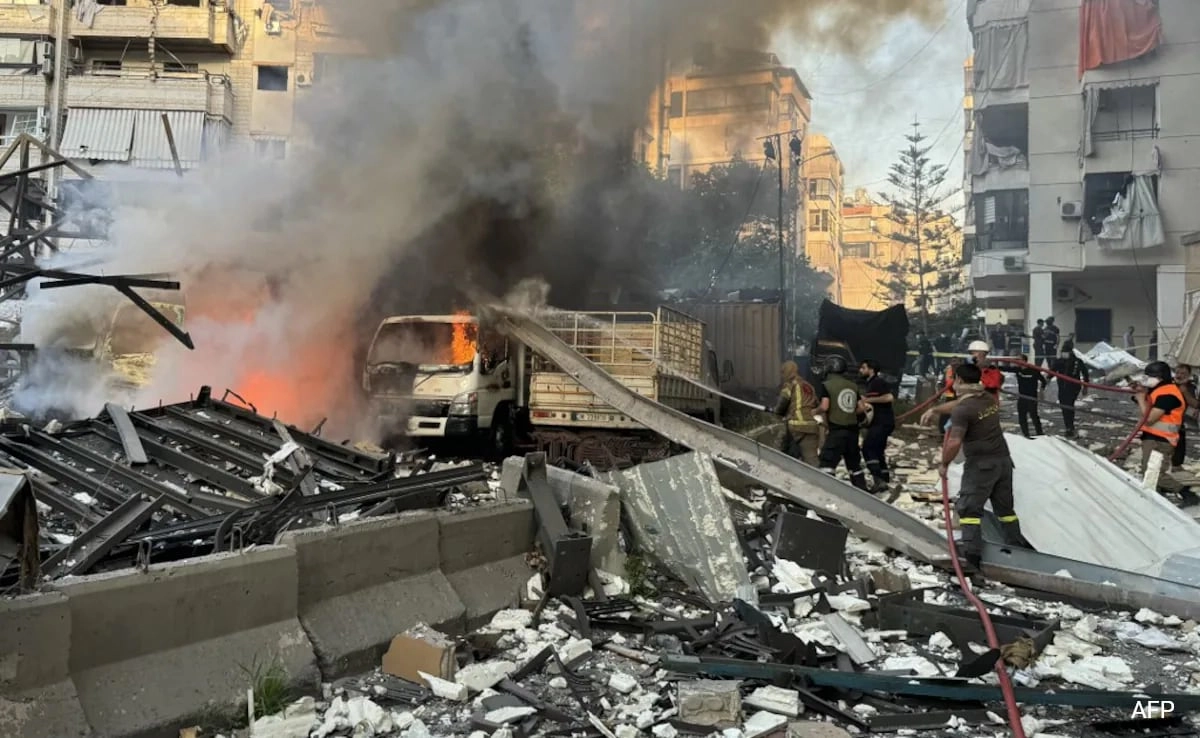In a heartbreaking account of violence and loss, a survivor of the recent massacres in Nigeria has recounted the harrowing experience of witnessing the brutal murder of his sister. The survivor detailed the chilling moments of the attack, which unfolded in front of him, leaving him traumatized and grappling with grief. This incident is part of a series of back-to-back assaults that have plagued various communities in Nigeria, reflecting an alarming trend of escalating violence that has deeply affected the populace.
During the attack, the chaos was overwhelming, and in the midst of the turmoil, the survivor felt an acute sense of helplessness. He described how the attackers moved swiftly, targeting innocent civilians and spreading terror among the community. The loss of his sister not only represents a personal tragedy but also highlights the broader implications of insecurity and violence that many Nigerians face daily. The survivor’s account sheds light on the emotional and psychological scars that such violence inflicts on individuals and families, leaving them to navigate a landscape fraught with fear and uncertainty.
The massacres in Nigeria are not isolated incidents but rather part of a disturbing pattern of violence that has escalated in recent years. Conflicts between herders and farmers, coupled with the activities of extremist groups, have created a volatile environment where communities are often caught in the crossfire. As the nation grapples with these challenges, stories like that of the survivor serve as a poignant reminder of the human cost of conflict. The international community and local authorities are urged to take action to address the root causes of this violence and to protect vulnerable communities from further atrocities.
Ultimately, the survivor’s narrative is a call for empathy and understanding, as well as a demand for accountability and justice. It underscores the urgent need for effective measures to prevent such tragedies from occurring in the future. By amplifying the voices of those affected by violence, we can foster a deeper awareness of the ongoing crisis in Nigeria and work towards meaningful solutions that prioritize the safety and well-being of all citizens. The road to healing will be long, but it begins with acknowledging the pain and suffering endured by individuals and families impacted by these senseless acts of violence.




